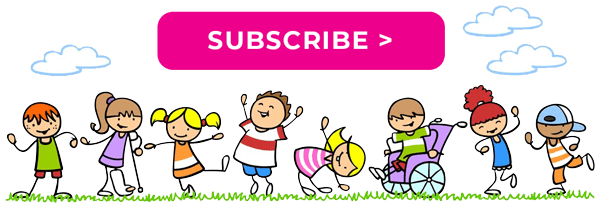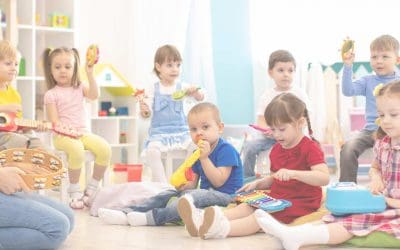How To Develop Healthy Child Attachment
The emotional and social development that a child and parent create sets a positive foundation for a secure child attachment. Attachment is a bidirectional relationship that stems from interactions; typically this is established within the first 8 months of life. This demonstrates the importance of early child relationships, emotional regulation, as well as fostering development from birth. By developing a secure child attachment it will set the child up to develop a positive sense of self, secure emotional attachments and positive social skills throughout life.
Attachment is a bidirectional relationship that stems from interactions; typically this is established within the first 8 months of life.
0-3 months
- Human facial preference
- Can be soothed by numerous people
- Experience caregivers with various sensorimotor experiences (i.e. feeding, held, talked to).
- Primary caregiver maintains closeness and protects child
By nurturing all of the above the child will have fewer periods of crying.
3-6 months
- Will smile at anyone who plays with them
- Can make efforts to continue play
- Begin to discriminate who they respond to (familiar caregiver)
- Soothed easily by familiar caregivers rather than those who are not familiar
This stage for the child is out of sight out of mind until the 6-7 month period.
7-24 months
- Explore caregiver (touch, gaze etc.)
- Separation anxiety begins, the child can now remember what their caregiver looks like and have developed cognitively and object permanence
- Can use behaviours to attain a goal (cry, laugh, yell)
- Have an attachment figure
When a familiar caregiver is present the child will respond with specific mannerism.
There are 8 principles to developing a secure child attachment
- To comfort a child when ill, hurt, scared or lonely
- Respond to child and their cues, this demonstrates to them that you are their caregiver care
- Provide a sense of trust
- Assist child with reviewing what frightens them, this will assist the child with developing an identity based on their personal experiences
- Create positive memories and family traditions
- Let the child know when you are leaving, when you will return and if needed provide them with an object so they know you will return
- When reacting to behaviours, try to be positive and predictable
- Try not to pass on any negative traits on how you were parented
Research shows that having a secure attachment will enable a child to develop positive intimate relationships, cooperation skills and respond positively with other children.
Children with secure attachments also tend to have a positive sense of self, with that they set attainable goals for themselves in school and acquire effective problem solving skills.
In conclusion, a secure attachment is bi-directional and is reciprocated by the child and caregiver. By fostering an attachment from birth, you are enabling your child to succeed in numerous positive aspects of their life.
For further information, John Bowlby and Mary Ainsworth are 2 theorists to research.
Read more on childhood attachment and emotional development.
The general information provided on the Website is for informational purposes and is not medical advice.
If you have a medical emergency, call a physician or qualified healthcare provider, or CALL 911 immediately. Under no circumstances should you attempt self-treatment based on anything you have seen or read on this Website. Always seek the advice of your physician or other licensed and qualified health provider in your jurisdiction concerning any questions you may have regarding any information obtained from this Website and any medical condition you believe may be relevant to you or to someone else. Never disregard professional medical advice or delay in seeking it because of something you have read on this Website.
Amy, having earned a Bachelors Degree in Child Development, has been in the field of Early Childhood Education for the past 10 years. First working in an infant classroom, and then moving to JK, preschool and toddlers. Currently Amy works as a Supervisor of a childcare facility in York Region.












